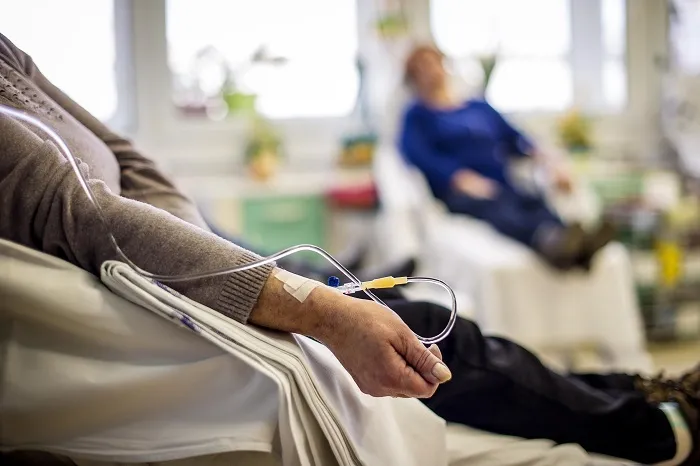The business environment is affected by several factors, notably the financial health of companies operating in the country, the effectiveness of legislation and the speed and effectiveness of judicial ruling. Coordination between economic measures and those of the legislative and judicial authorities is necessary to overcome crisis scenarios.

Among the main innovations of Law No. 14.112 of 2020 is the provision of a pre-insolvency system that encourages the use of mediation and conciliation in a preventive manner to the judicial recovery process, set forth in the articles. 20-A to 20-C of Law No. 11101 of 2005. The main objective is to encourage the debtor to negotiate with his creditors at an early stage of economic and financial difficulty, and therefore, it is possible to increase the chances of viable corporate continuity[4]. This standard complies with the latest legal regulations, such as EU Directive 1023 of 2019 of the European Parliament and the European Council, as well as Corporate Insolvency and Governance Law 2020 UK[5].
Within the judiciary, in 2018, the National Council for Justice (CNJ) established a specific working group to discuss and propose measures aimed at modernizing the role of the judiciary and making it more effective in corporate recovery and bankruptcy processes; In addition to Amended Recommendation 58 of 2019, which recommended that judges responsible for handling and adjudicating business and bankruptcy recoveries, whether specialized or not, encourage, whenever possible, the use of mediation.
In addition, Recommendation No. 71 of 2020[6] of the CNJ provides for the establishment of judicial centers for the resolution of disputes and citizenship 1 Cejusc Empresarial and encourages the use of appropriate methods for dealing with disputes of a commercial nature. Thus, courts need to establish a structure of conciliators and mediators trained in commercial matters and carry out registration of specialized circuits in this matter.
Business recovery generates a very complex reality of data, mainly due to the large number of accidents; This makes it difficult to analyze these cases quantitatively and qualitatively in Brazilian courts. In order to contribute to a better understanding of this scenario, the Center for Innovation, Management and Research in the Judiciary conducted a study[7] With the aim of making a preliminary diagnosis of the main strengths and weaknesses in the business recovery process.
The study involved the collection and analysis of quantitative data, as well as the opinions of participants in these judicial proceedings, such as judges, specialized lawyers, and companies subject to reorganization.
Research conducted by the Judicial Center highlights the significant growth space for corporate recovery mediation. About 94% of lawyers specializing in this segment who participated in the study reported that they would suggest negotiating approaches between the debtor and its creditors in these cases.
The research also sought to understand, with judges and companies under reorganization, the effects of procedural time on the effectiveness of judicial reorganization. As for judges, the perception of 82% of judges who participated in the survey is that the procedure takes too long and 30.3% of this group understand that delays affect the efficiency of the process. The companies that participated in the survey, on average, have been in the judicial recovery field for more than three years, and 75% of them confirmed that the duration of these processes is an important variable for evaluation before an application is submitted.
In 2022, the study progressed to its second phase, which aims to analyze court structures specifically aimed at corporate recovery. In this sense, it seeks to map, for example, the existence of courts and circuits specialized in the subject matter, the accreditation of private mediation chambers in the court, and the existence of business-specific judicial centers for dispute resolution and citizenship (Cejuscs). In addition to specialized brokers, providing training and updates on the topic.
Conducting this survey is necessary to assess the effectiveness of the Brazilian pre-insolvency system, as well as to make it possible to monitor the implementation of national judicial public policy for the appropriate handling of disputes, which, as recently directed by the National Council of Journalists, are moving towards specialization – structure and mediators – in certain sectors, such as Corporate recovery and excessive indebtedness[8]. The results of this second phase are expected to be published in the first quarter of 2023.
Clarissa Somesum Talk is a judge at TJ-SP with the Third Court of Bankruptcy and Judicial Reorganization in the capital. PhD student in Business Law (Uninove).
Fernanda Bragança is a researcher in the Center for Innovation, Management and Judicial Research at FGV Knowledge and Lawyer.
Renata Braga is a Professor at Fluminense Federal UFF/VR and an external research collaborating in the Center for Innovation, Management and Judicial Research at FGV Knowledge.

“Friendly zombie guru. Avid pop culture scholar. Freelance travel geek. Wannabe troublemaker. Coffee specialist.”






